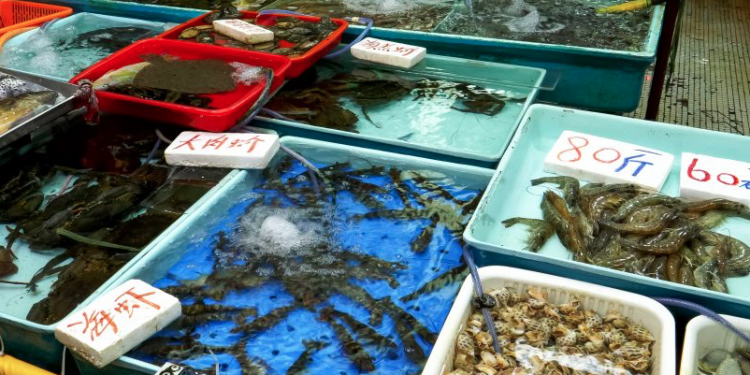The Oxford Martin School research group says blanket bans are unlikely to benefit people or wildlife, and are unfeasible because they overlook the complexity of the wildlife trade. A more appropriate response would be to improve wildlife trade regulation with a direct focus on human health.
Rushing to indiscriminately ban all wildlife trade in response to Covid-19 would not eradicate the risk of animal-to-human disease outbreaks. It could also have a severe impact on livelihoods and biodiversity. Improved regulations that focus on health, if implemented well, would avoid these effects while ensuring a low risk of future disease outbreaks.
Wildlife is used globally on a daily basis, from medicinal plants and edible fungi, to wild meat in Europe, North America, Southern Africa and elsewhere. It takes place at local and international levels, includes legal and illegal, sustainable and unsustainable components, and is measurable in billions of dollars annually.























